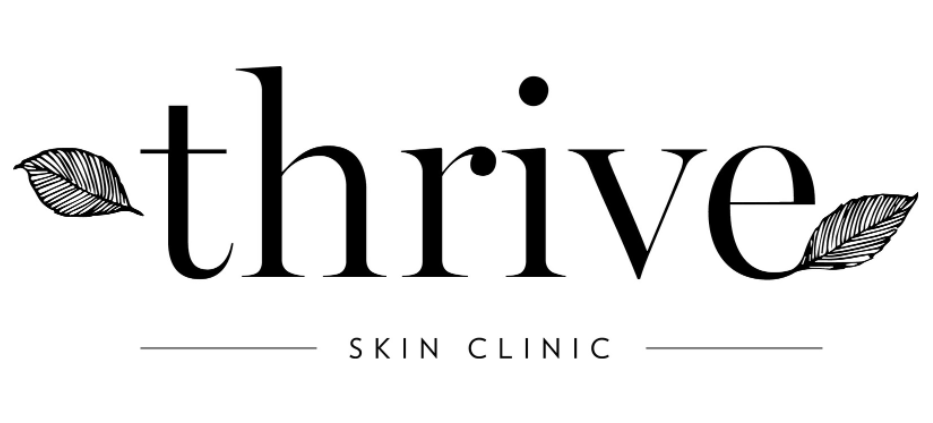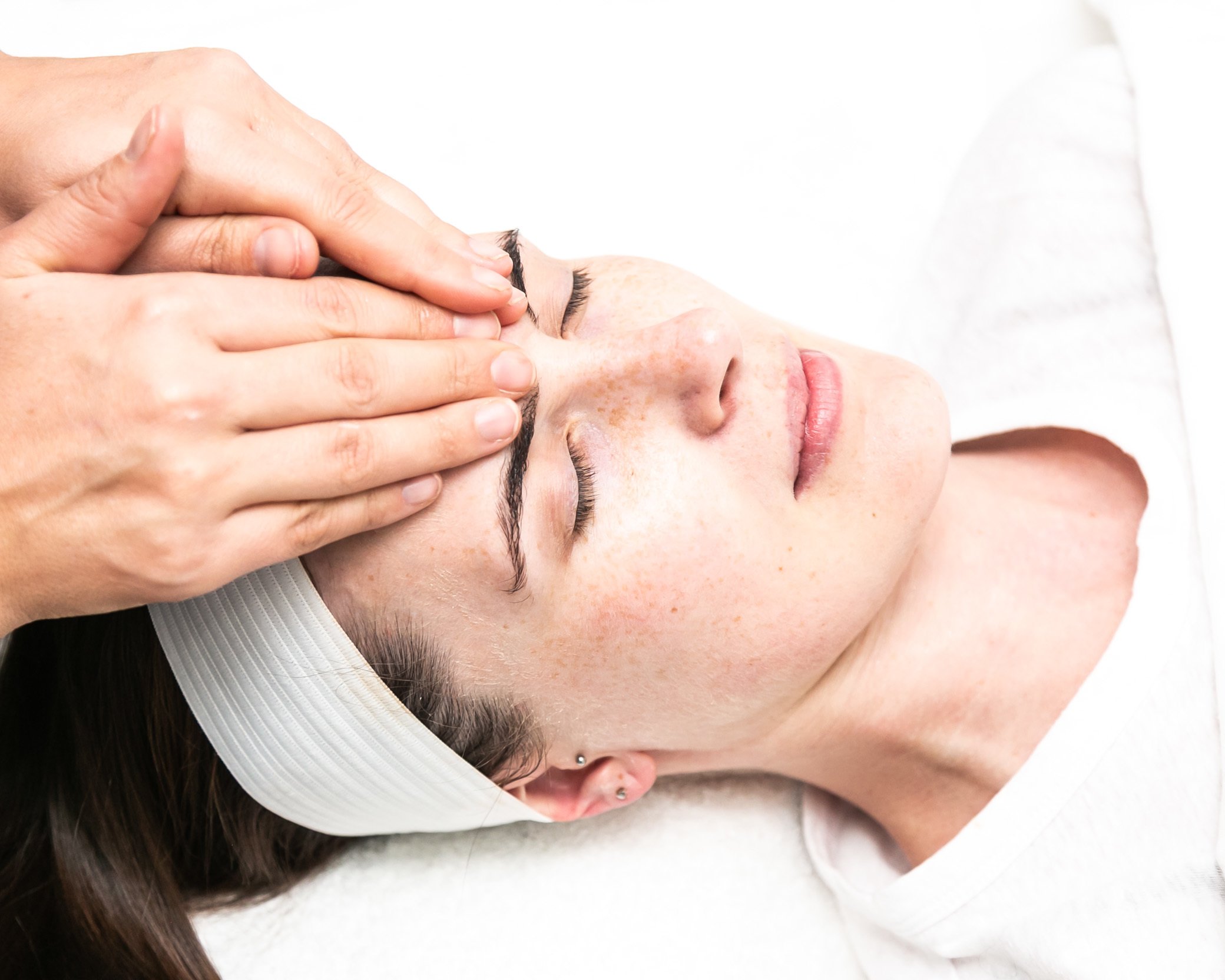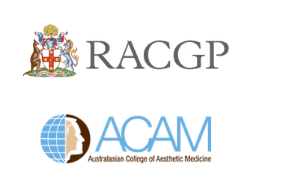I often find that women put off discussing vulval discomfort with their doctor because they are embarrassed. Thankfully, as a female GP who specialises in skin issues, a mother of 3 and WOMAN I’m not embarrassed at all- I’ve seen hundreds of vaginas, and it’s my job to look after your whole body (yes including the vagina!).
What are the causes of vulva itch?
Over the last 15 years, I have seen many women with vulval discomfort misdiagnosed as having “thrush” ( an overgrowth of Candida, a normal fungal bug found on our skin and in our genital and intestinal tract.
The take home message from this blog, however, is that not all vulval itch is thrush.
Lots of things can cause vaginal and vulval skin symptoms such as infections, hormone issues, retained foreign bodies in the vagina (such as tampons or toilet paper), sexual infections, pinworms, and sometimes even skin cancer.
Breastfeeding, peri- menopausal/menopausal women commonly present with itch due to low oestrogen and dry skin. Children rarely suffer from thrush- in fact pre-pubescent girls develop itch due to dermatitis from hygiene issues, overuse of soap and rough/scented toilet paper.
What to do before you see the doctor
Now, as you now know, not all vulval itch is thrush. However, thrush is very common- over 75% of women will have a symptomatic episode of thrush in their lifetime. So, all women should be aware of it. If you have had thrush before, and note the tell - tale signs (e.g. a cheesy white discharge, itch, vaginal discomfort and odour) then I am OK for patients to self manage and start using an over the counter medication from the pharmacy. You can use a combination treatment such as fluconazole tablet and clotrimazole cream, a vaginal pessary (which is a small tablet you place the vagina), or a vaginal cream. Pros/cons of these include: oral tablet (the least invasive option, but not as effective and more expensive); pessary (less messy than cream, inserts using an applicator- but you still have to put in your vagina!, more effective than oral medication); or cream (messy, but it comes with a syringe applicator to help get the medicine where it needs to go. For a bad case- I suggest both an oral tablet and a 3 day pessary or cream. If it comes back- use the 6 day cream.
If you don’t have symptoms of thrush, but remain itchy, look for lumps or discharge. If you do have a lump, new discharge, pain or you’ll l really worried,- see a doctor ASAP. However, if the symptom is just itch- start the general measures discussed below, and start a 5 day trial of an over the counter hydrocortison/clotrimazole cream three times a day for 5 days. If things don’t settle, or they get worse, see a doctor.
A word on seeing a doctor
If you book to see a doctor- you may need to lead the consult a bit. Explain your symptoms. Expect (you may need to ask) for a physical examination and a swab of the area. Consider doing an STI screen if you have had unprotected sex. If you have thrush and it keeps coming back- please ask for a swab to confirm the diagnosis, and exclude that you have an uncommon variant of thrush that does not get better with the standard over the counter anti- fungal treatments. Arrange a followup consult to discuss the results.
DO NOT let a doctor diagnose you with thrush without examining you and considering investigations.
What about Lichen Sclerosis?
I am particularly interested in vulval lichen sclerosis, a condition I am seeing more often in my practice. It is thought to only affect 1% of the population, however, I have a suspicion it’s more common than this, but that women don’t seek help. Lichen sclerosis is thought to be an inflammatory/ autoimmune condition, whereby the body attacks the skin on the vulva or perineal area (the skin between the rectum and the vagina). It can also occur on penis or elsewhere on the body such as the moist part of the mouth.
It is more common in post-menopausal women, although 10% of cases are in children, and I have also seen in teenagers and young women.
Lichen sclerosis (L.S) presents with symptoms such as vulval itch, often worse at night in bed. It can also cause pain passing urine or bowel motions, and commonly causes pain during sex. Some women can’t even walk down the street due to pain, but this is rare. If we diagnose and treat L.S. this early, we can avoid such severe symptoms
I have seen countless women who have been using over the counter thrush treatments for YEARS , having been told they have “thrush”. Unsurprisingly, their symptoms did not improve, until we actually looked and saw they had the typical signs of lichen sclerosis.
Once diagnosed, lichen sclerosis is managed using a potent steroid cream regularly. This can be weaned over time and most women only use it once or twice a week, even when symptoms settle. This must be done under medical supervision. Sometimes, you will need to see a gynecologist or dermatologist if things do not settle easily, and all women need annual review, even if their symptoms abate. The reason for this is that L.S can continue to cause an issue without symptoms, and is also associated with a slightly increased risk of vulvar skin cancer (most up to date studies estimate this to be 1-2% , which is a very low risk). There are also some new studies suggesting topical immune modulators might help, which is exciting and I am looking forward to more research in this area.
How to Care For Your Vulval Skin:
My general approach to vulval itch starts with some really simple measures: do not over wash/clean the vulva excessively- it’s delicate! In many cases, over washing can cause pain and itch, so don’t overdo it. Use a thick cool moisturiser regularly, and stop all irritants such as soap, scented toilet paper, and anything with a fragrance. I recommend Olive and Bee Intimate cream as a natural and effective moisturiser, which can also be used as a lubricant. Reduce the use of occlusive clothing such as activewear /yoga pants and synthetic fabrics- sleep free and easy if you can.
What To Do If You Have Ongoing Problems
Management depends on diagnosis. If things do not settle, or the clinical examination suggests lichen sclerosis, ask your G.P to refer you to a doctor confident in vulval biopsy - a quick procedure performed under local anaesthetic, where a small sample of tissue to taken. A biopsy helps to exclude or confirm a skin issue lichen sclerosis, or something else.
Hopefully, this information has given you the courage to think about the vulva more, and educated you on this taboo issue.
Take Home Messages
If you have a vulva itch - don’t scratch it, share it! (with your GP). Anything that is bothering you in the nether regions needs attention and a thorough examination.

















